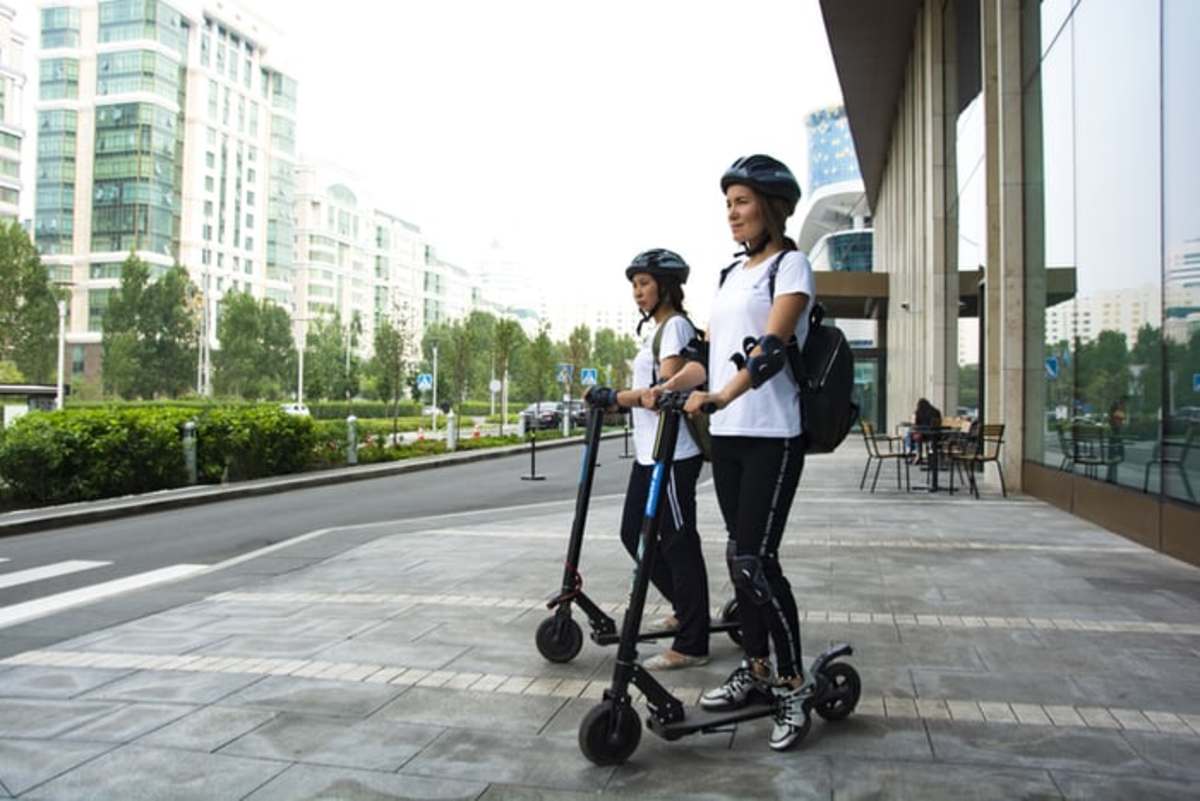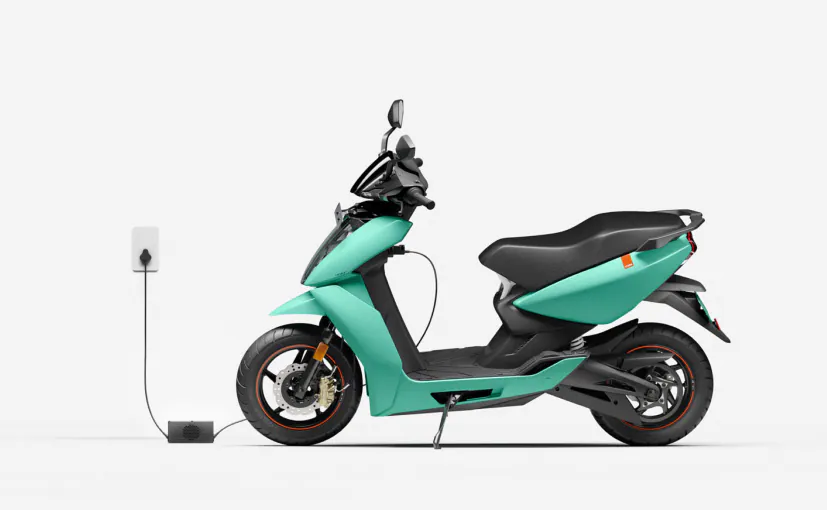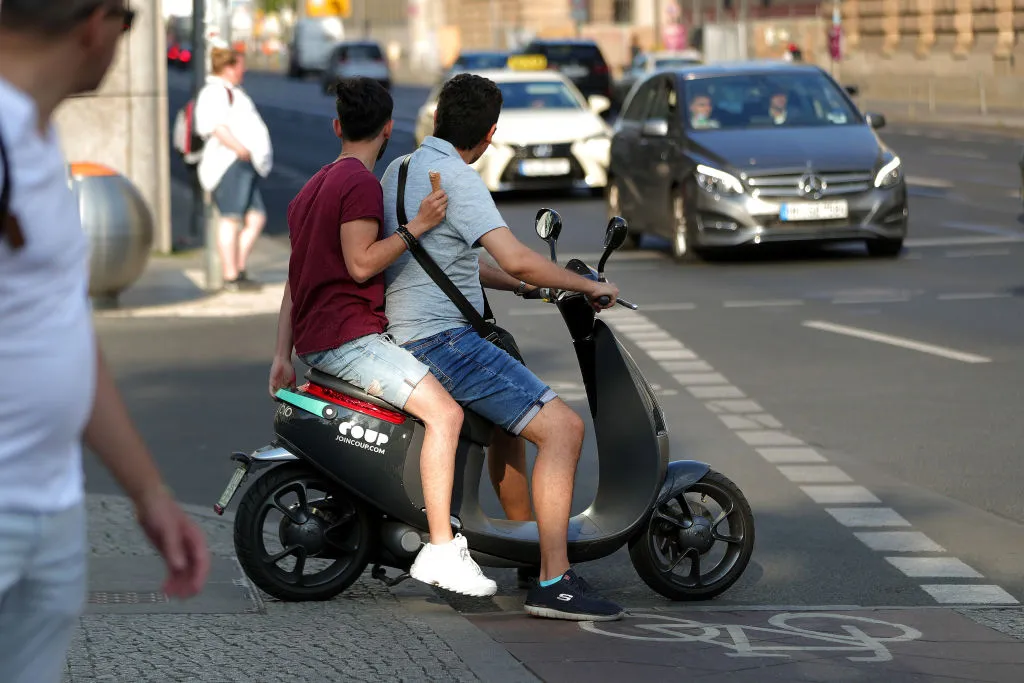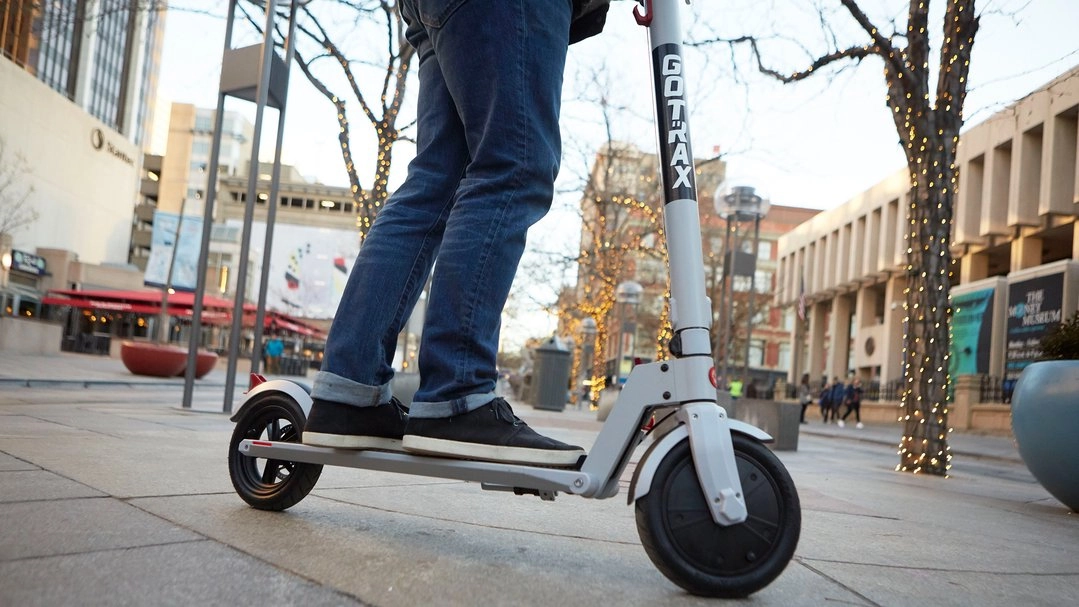I. Introduction

Riding a scooter without a license has become an increasingly common practice, especially in busy urban areas. However, it is important to understand the legalities and safety implications associated with operating a scooter without a proper license. In this article, we will delve into the legal requirements and consequences of riding a scooter without a license and discuss why it is crucial to adhere to these regulations.
II. Legalities of Riding a Scooter without a License
A. Legal requirements for operating a scooter
The legal requirements for operating a scooter without a license vary depending on the jurisdiction. In some countries or states, a valid driver’s license is mandatory for riding a scooter, while in others, it may not be required. It is essential to research and understand the specific regulations in your area before deciding to ride a scooter without a license.
Exceptions and limitations for riding a scooter without a license should also be considered. In some jurisdictions, scooters with specific engine sizes or maximum speeds may be exempt from licensing requirements. Additionally, age restrictions may apply, with younger riders being required to obtain a separate license or permit.
B. Consequences of riding a scooter without a license
Operating a scooter without a license can have severe consequences, both legally and practically. The penalties for riding without a license can include fines, points on your driving record, or even imprisonment, depending on the jurisdiction. Repeat offenders may face more severe penalties.
Aside from legal repercussions, riding a scooter without a license can result in several practical issues. For example, if you are involved in an accident while riding without a license, you may face difficulties in receiving insurance coverage, leading to significant financial burden. Furthermore, riding without a license may invalidate any insurance coverage you may have, leaving you personally responsible for any damages or injuries.
Additionally, without a license, you may not have received the necessary training and education to safely operate a scooter. This lack of knowledge and experience can increase the risk of accidents and injuries. Riding without a license also means you are likely unaware of traffic laws specific to scooters, making you more susceptible to violating regulations and endangering yourself and others on the road.
III. Safety Considerations for Riding a Scooter Without a License
In today’s fast-paced world, scooters have become a popular mode of transportation for many people. They are affordable, easy to maneuver, and can be a convenient way to get from point A to point B. However, riding a scooter without a license can pose significant safety risks. In this section, we will discuss some key safety considerations that individuals should take into account before riding a scooter without a license.
A. Lack of formal training and knowledge

One of the primary concerns of riding a scooter without a license is the lack of formal training and knowledge. Operating a scooter requires understanding traffic rules and regulations specific to scooters, as well as general road safety rules. Without proper training, individuals may lack important knowledge about how to safely navigate through traffic and anticipate potential hazards.
To mitigate this risk, individuals should take the initiative to educate themselves about the traffic rules and regulations for scooters. They can do this by studying the local traffic laws and attending scooter safety classes or workshops. Gaining a thorough understanding of traffic rules will help ensure safe riding practices and minimize the risk of accidents.
B. Increased vulnerability and risks without licensing

Another important safety consideration for riding a scooter without a license is the increased vulnerability and risks individuals face. Without a license, individuals may lack the protection and insurance coverage that comes with having a valid license.
Limited protection and insurance coverage can have severe consequences in the event of an accident. In case of injury or property damage, individuals without a license may face difficulties in receiving compensation or support from insurance providers. Therefore, it is crucial to evaluate the potential financial risks and shortcomings associated with riding a scooter without a valid license.
Additionally, inexperience can increase the likelihood of accidents and injuries. Without proper training and experience in handling and controlling a scooter, individuals may struggle to maintain balance, control speed, and make quick decisions on the road. This lack of experience can expose them to dangerous situations and increase the risk of accidents.
To mitigate these risks, individuals should consider the alternative solutions outlined in the next section.
IV. Alternatives and Solutions

A. Obtaining a valid license for riding a scooter
One of the most effective solutions to address safety concerns is to obtain a valid license for riding a scooter. An increasing number of countries and cities have introduced regulations requiring individuals to have a license specifically for riding scooters. These licenses typically require individuals to pass a written test and a practical riding test, ensuring that riders have the necessary knowledge and skills to operate a scooter safely.
Obtaining a license has several benefits. Firstly, it promotes legal compliance, ensuring that riders are aware of and abide by traffic laws. Secondly, it enhances safety by equipping riders with the necessary skills and knowledge to handle their scooter safely on the road. Lastly, having a license can provide individuals with access to insurance coverage, protecting them from potential financial burdens in case of accidents or injuries.
B. Exploring alternative modes of transportation
For individuals who are unable or unwilling to obtain a license, exploring alternative modes of transportation is an important consideration. Public transportation options such as buses, trains, or trams can provide a safe and reliable way to commute. Public transportation not only reduces the risk of accidents but also addresses concerns related to licensing requirements and insurance coverage.
Alternatively, individuals may consider using electric bikes or bicycles as an alternative mode of transportation. Electric bikes are becoming increasingly popular due to their affordability, eco-friendly nature, and ease of use. Bicycles offer similar benefits and can be a great option for short-distance commutes or leisurely rides. Choosing these alternative transportation options can eliminate the need for a license and decrease the associated safety risks.
In conclusion, riding a scooter without a license can pose significant safety risks. Lack of formal training, knowledge, and experience, as well as increased vulnerability without licensing, are key considerations individuals should take into account. However, by obtaining a valid license or exploring alternative modes of transportation, individuals can ensure their safety while enjoying the benefits of scooter riding. It is crucial to prioritize safety and comply with local traffic regulations to mitigate risks and promote a safe scooter-riding experience.

